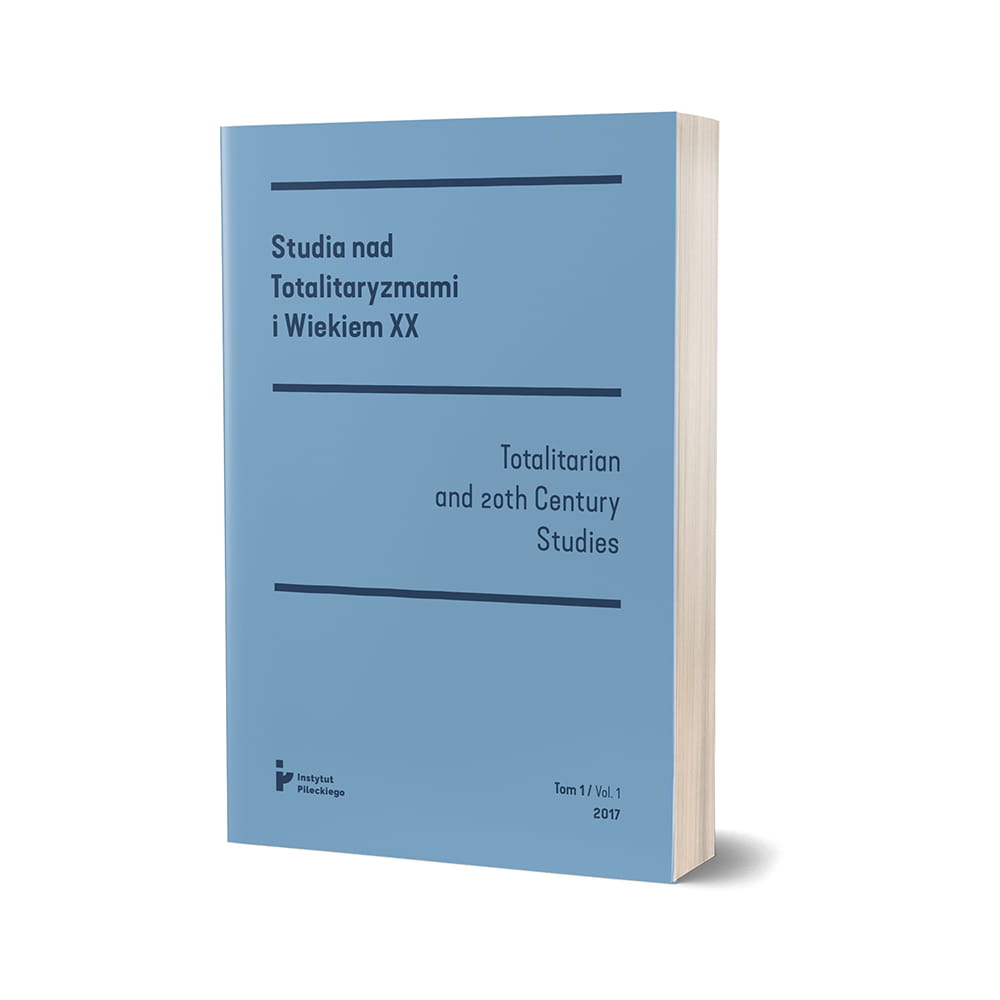The Polish Intelligentsia: The Emergence and Transformation of the Social Group and its World View
The Polish Intelligentsia: The Emergence and Transformation of the Social Group and its World View
Author(s): Maciej JanowskiSubject(s): History, Social history, Post-War period (1950 - 1989), Between Berlin Congress and WW I
Published by: Instytut Solidarności i Męstwa im. Witolda Pileckiego
Keywords: Polish Intelligentsia
Summary/Abstract: The aim of the paper is to present the discussion on the origins of the Polish intelligentsia and to describe the process of its development from the Enlightenment until the Second World War. The author examines the emergence of the educated bourgeoisie in the 18th century and proceeds to consider the impact of the partitions. The Napoleonic Duchy of Warsaw (1807–1815) and the constitutional Polish Kingdom with the Russian Tsar as King of Poland (1815–1831), provided the Polish intelligentsia with official jobs and permitted it to develop as a stratum of state servants. After the lost Uprising of 1830/1831, thousands of educated people had to emigrate. They developed a new ideology, a branch of European romanticism that extolled sacrifice and the fight for freedom and independence. As opposed to it, another ideology of gradual “organic work” appeared in the 1840s in Prussian Poland; the rivalry of these two approaches would from that moment become one of the defining features of Polish intellectual life.
Journal: Studia nad Totalitaryzmami i Wiekiem XX
- Issue Year: 2017
- Issue No: 1
- Page Range: 142-156
- Page Count: 15
- Language: English

